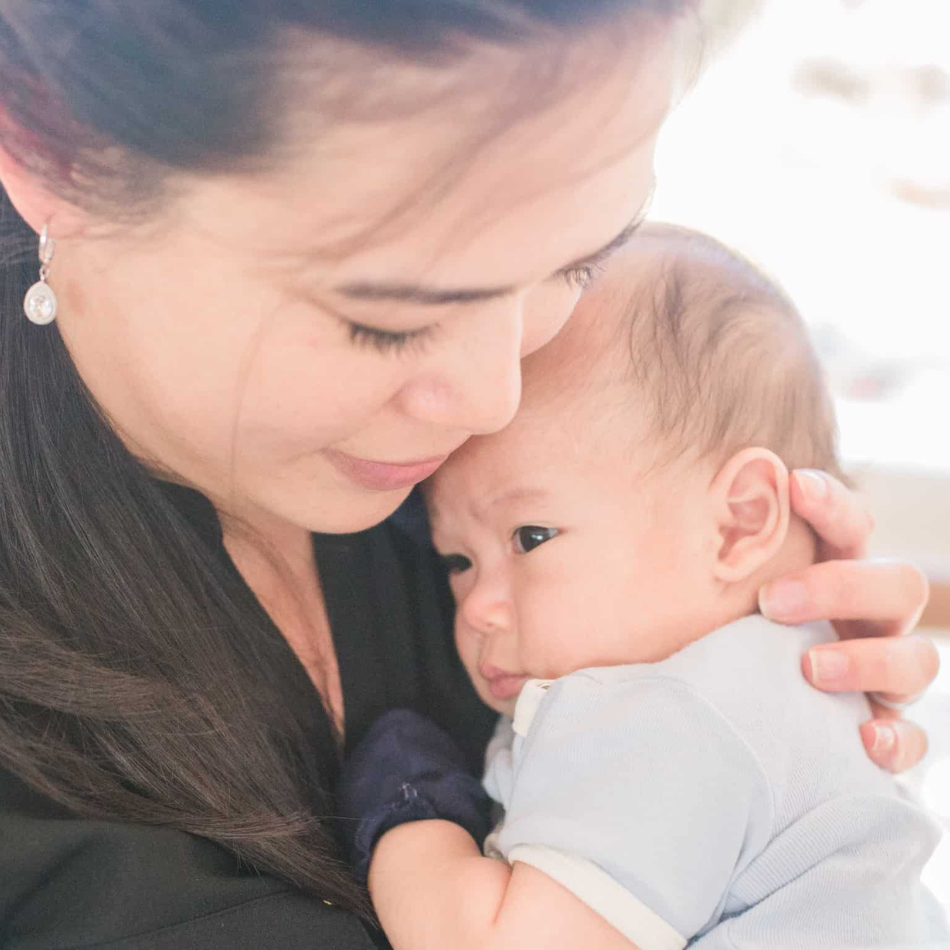Postpartum Mood Disorders
WHEN IT’S MORE THAN THE “BABY BLUES”
Here’s a fun fact: there are just shy of 4 million babies born every year in the United States.
That means almost 4 million women become mothers or add to their families, annually.
A not-so-fun fact: of those 4 million women, as many as 1 in 5 will experience some type of perinatal mood and anxiety disorder. Furthermore, it is thought 7 in 10 women hide or downplay their symptoms.
Despite this, postpartum mental health is not discussed nearly enough.
The American College of Obstetricians and Gynecologists recommends in order to optimize the health of women and infants, postpartum care should become an ongoing process, rather than a single encounter, with services and support tailored to each woman’s individual needs—and we agree wholeheartedly. Keep reading more to discover information about Postpartum Mood Disorders.

